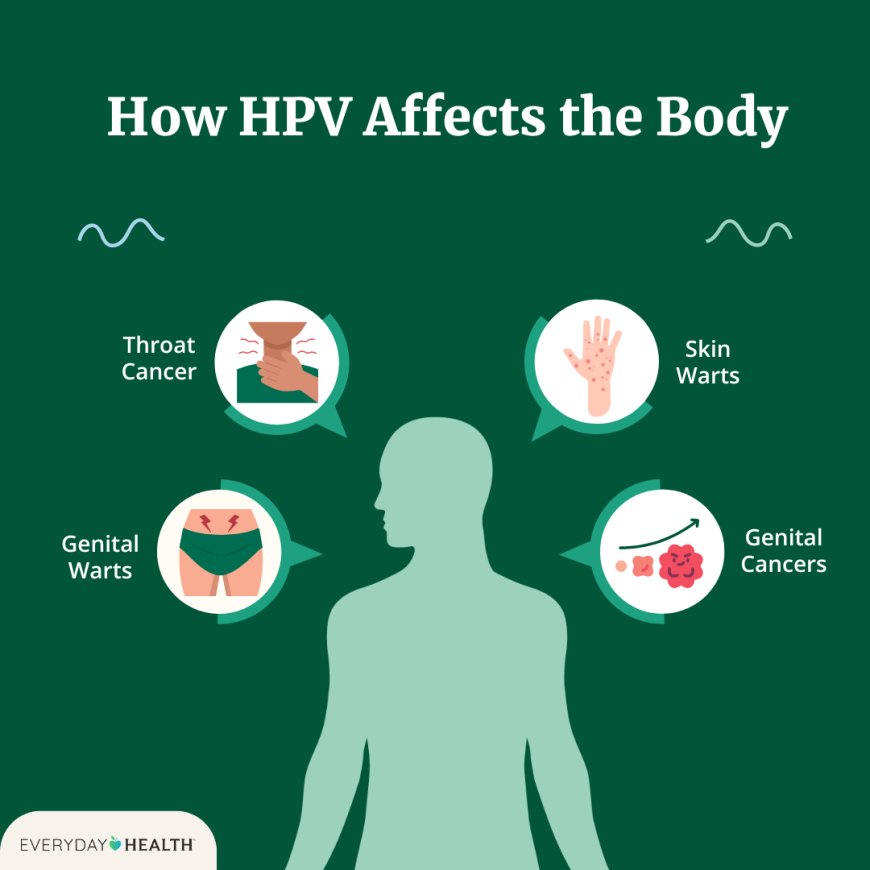Adding Omega-3s to Diet may help improve Mood, Reduce Aggression
Discover the power of Omega-3s in transforming mood and curbing aggression. Explore how incorporating these essential fatty acids into your diet can nurture emotional well-being and foster a more harmonious mindset.

- Scientists from the University of Pennsylvania have found that people who take omega-3, which is found in fish, flaxseed, and walnuts, are less likely to have aggressive and violent outbursts.
- Poor nutrition has been cited as a connection to aggressive and antisocial behavior, and combining cognitive behavioral therapy (CBT) with omega-3 in regular diets could be beneficial.
- Adding omega-3s to a daily dietary regime is fairly easy given the accessibility of supplements and grocery-store items like edamame, seaweed, flaxseeds, and anchovies.
Omega-3 fatty acids, a beneficial nutrient found in foods like sardines, salmon, walnuts, and chia seeds, can reduce aggressive and violent behavior, according to a new paper published in the journal Aggression and Violent Behavior.
The paper, authored by University of Penn professor Adrian Raine with Lia Brodrick of the Perelman School of Medicine, examined 3,918 participants from multiple studies, samples, and laboratories between 1996 to 2024.
The meta-analysis found that omega-3 could reduce “reactive aggression,” which is manifested by impulsive responses to provocation, and “proactive aggression,” which is predetermined or “predatory,” as the study says.
Dr. Raine, who is also the Richard Perry University Professor of Criminology, Psychiatry, and Psychology, has for years studied neurocriminology, aggressive behavior in adults and children, and antisocial behavior. This paper used 35 independent samples included in 29 studies from 19 independent laboratories. The results applied broadly across multiple populations, ages, and genders.
“Results of this study show that omega-3 supplementation significantly reduces aggressive behavior in the short-term, albeit at a modest level,” the paper says. “Given the enormous economic and psychological cost of aggression and violence in society, even small effects sizes need to be taken seriously.”
“Omega-3 supplementation has been argued to benefit a number of psychopathologies, including depression and anxiety, and more debatably schizophrenia-spectrum disorders. It certainly influences the serotonin system in a beneficial manner, but this is not unique as it influences other neurotransmitters too,” Dr. Raine told Medical News Today.
“The challenge we have is understanding exactly how omega-3 influences neurophysiology in a specific way to benefit mental health,” he said.

Raine’s paper points out that “poor nutritional status is a risk factor for externalizing behavior problems,” which has prompted greater interest in looking at how nutritional supplements can reduce such behavior across a society.
It cites several studies in explaining that omega-3 could be a bridge between nutritional deficiency and violent or aggressive behavior, stating that “correlational research has also shown that fish consumption is negatively associated with cross-country homicide rates.”
Richter said that omega-3s can regulate serotonin and mood, which when coupled with other treatment avenues, can make a difference in antisocial or aggressive behavior.
“If, for instance, a person’s dysregulated moods and emotions are related to chronic inflammation as a result of poor diet or other toxic environmental factors, Omega-3 supplementation can have a decently big impact on helping to regulate emotional outbursts like road rage. In fact, one studyTrusted Source showed that a higher level of Omega-3 status was linked to lower aggressive behavior in adult prisoners. Because of the effects on inflammation, Omega-3 can play a big role in the reduction of irritability and anxiety. The presence of Omega-3 can increase the availability of serotonin release from membranes in the brain, helping to improve overall mood and relaxation,” Richter said.
What's Your Reaction?




























































